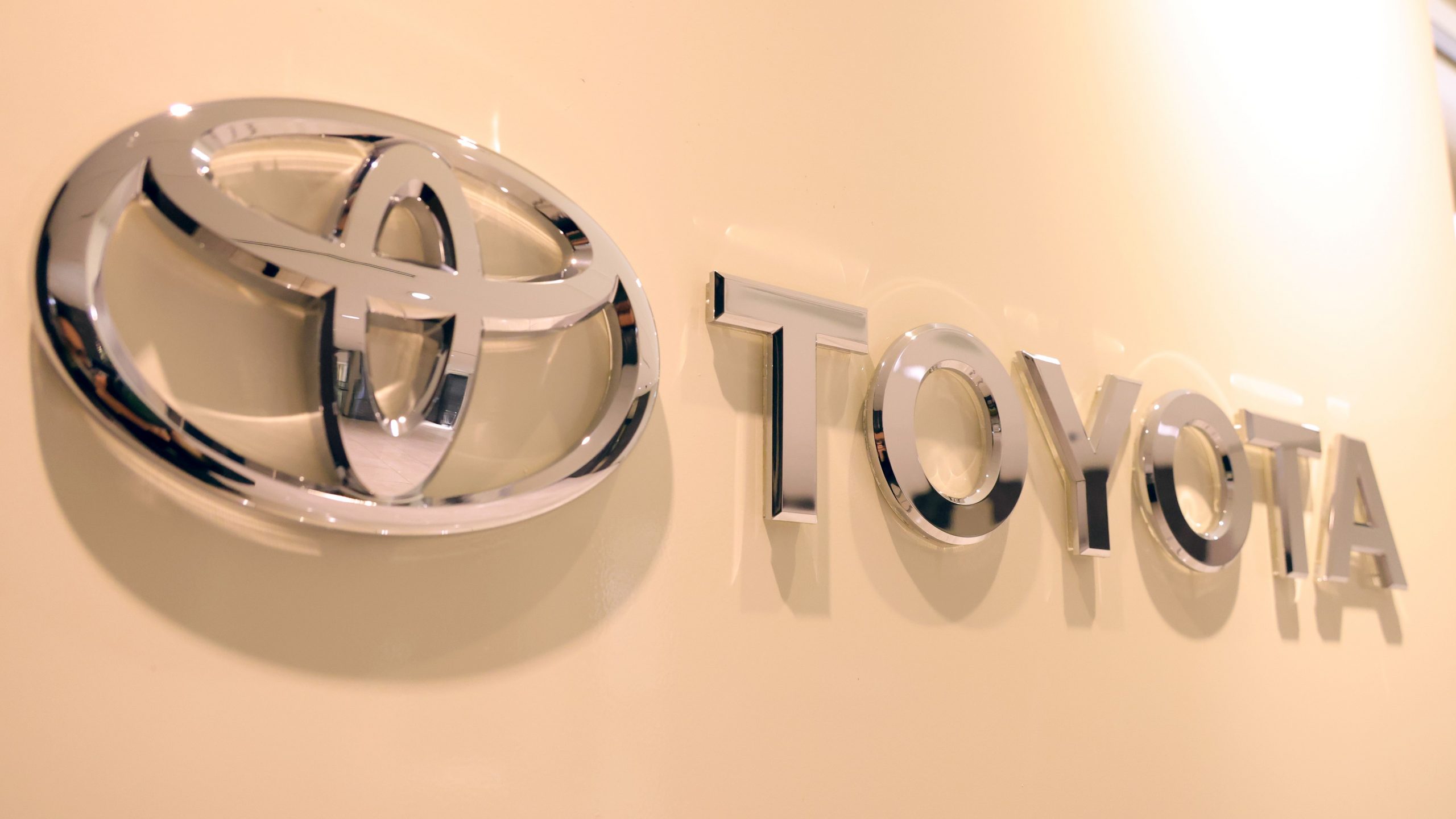Toyota, the world’s largest automaker, has announced its intention to introduce three electric cars (EVs) in Nigeria over the next three years. The company aims to reduce carbon emissions and promote green transport worldwide. Toyota Nigeria Limited (TNL), the company’s Nigerian unit, oversees the project. Toyota is committed to the Nigerian market and believes in its potential for electric transportation.
Toyota’s decision to employ electric cars (EVs) in Nigeria is a significant step towards making the world a better place to live in the future. Bringing these three electric cars to Nigeria will provide citizens with more ecologically friendly modes of transportation, reducing greenhouse gas emissions and improving the country’s air quality.
Read also: Tanzanian Firms Introduce Electric Bajajis
The specific variants that will be delivered have yet to be announced, but they will most certainly join Toyota’s increasing line of hybrid and all-electric vehicles. These EVs will be designed to meet the needs and preferences of Nigerian drivers, assuring a smooth and comfortable ride while focusing on efficiency and environmental friendliness.
Toyota’s commitment to sustainable mobility
Toyota’s decision to employ electric cars (EVs) in Nigeria demonstrates that the corporation values eco-friendly transportation. Toyota, the world’s leading automaker, has been at the forefront of developing environmentally friendly solutions. Toyota’s decision to sell these three electric automobiles in Nigeria demonstrates the company’s commitment to providing environmentally friendly transportation options worldwide.
The benefits of electric vehicles in Nigeria
Toyota’s electric car debut in Nigeria will benefit the country and its citizens. EVs use less energy than regular cars that run on petrol, so fuel costs are lower for customers. This is especially crucial in Nigeria, where fuel costs fluctuate dramatically and significantly impact people’s spending.
Also, electric cars don’t emit direct emissions, so they are cleaner and better for the environment than cars with internal combustion engines. This is very important for Nigeria because its big towns have been having trouble with air pollution. By encouraging more people to buy electric cars, Toyota helps clean the air and improve people’s health.
Read also: Radisson Blu steps up with electric vehicle services for guests in Nairobi
The release of Toyota electric cars in Nigeria also allows the country to depend less on fuel from other countries while encouraging the growth of its energy infrastructure. More Nigerians using electric cars means more demand for charging stations and other equipment that helps them work. This will create new business opportunities and boost the economy.
To sum up, Toyota’s plan to release three electric cars in Nigeria over the next three years is a big step towards promoting environmentally friendly transportation.
Toyota’s eco-friendly transportation choices help to reduce greenhouse gas emissions, improve air quality, and provide Nigerian consumers with more cost-effective and efficient mobility solutions. As the world moves towards a more environmentally friendly future, Toyota’s decision to sell electric cars in Nigeria sets an example for other automakers and shows that the company is dedicated to making the future cleaner and better.




